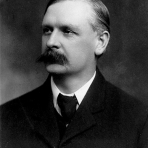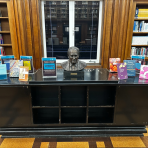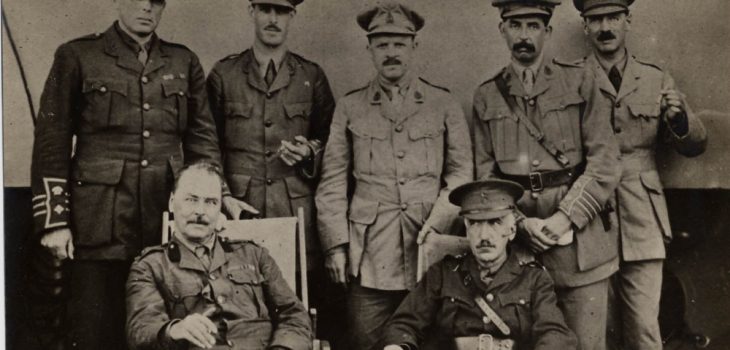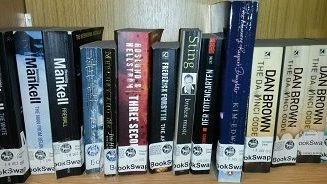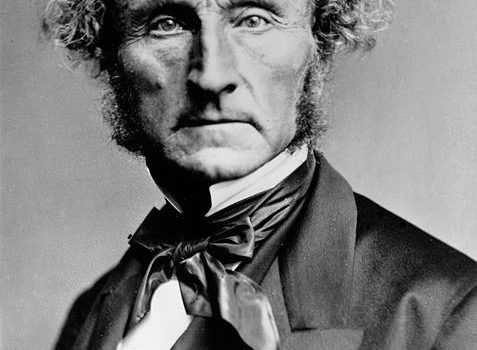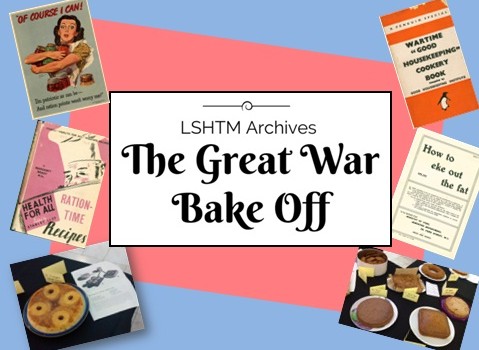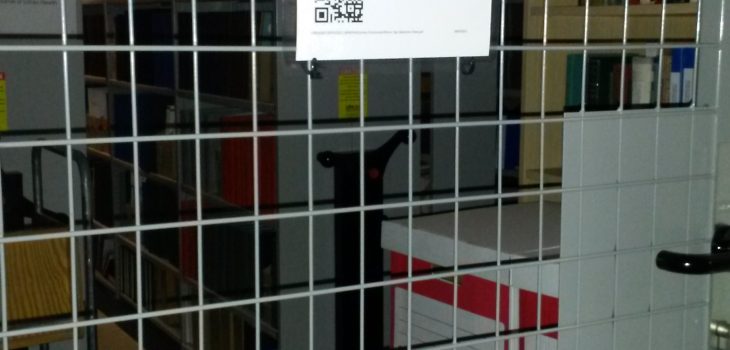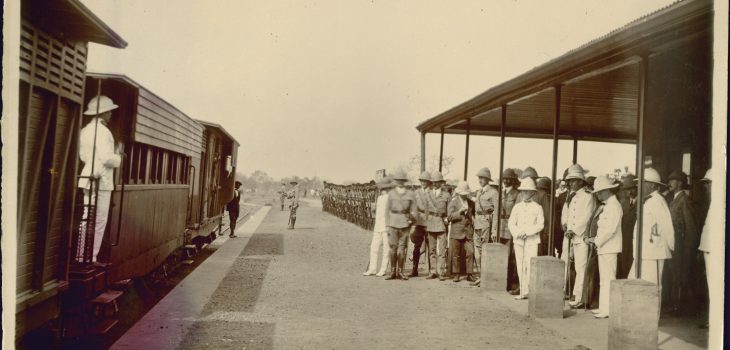Data sharing can help you to increase the impact of your research. Studies by Piwowar, Day and Fridsma (2007) and Piwowar and Vision (2013) have found that journal articles with accompanying data receive more citations in comparison to those with no accompanying data, and that data is often used in new research, leading to the original creators being cited in data reuse papers. In this blog post I’ll discuss how you can publish resources - data, processing scripts, code and other material – with journals and digital repositories, and consider new opportunities offered by data journals. Read more


